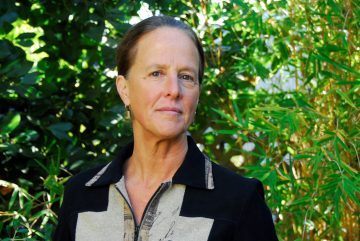 An interview with Wendy Brown in The Drift:
An interview with Wendy Brown in The Drift:
Margaret Thatcher famously said “there’s no such thing as society. There are individual men and women and there are families.” In a way, social distancing tests out the limits (and fundamental incoherence) of this idea. Are we learning anything new?
The extent to which the purpose of social distancing is misunderstood today is an index of the success of the mantra “There is no such thing as society.” So many treat social distancing as just about protecting yourself, so if you choose to go to the beach, the bars, or shopping, or choose not to wear a mask in public spaces, it should be up to you. It’s your life, and you’re free to do what you want with it, take your own risk. The idea that social distancing is actually a collective social pact—a worldwide mutual pact not about any individual but necessary to contain the spread of the virus—is incomprehensible from a perspective in which there are only individuals. So what do we get? Social distancing regarded as an illegitimate political encroachment on individual choice and the retort, “I can do what I want, and no state can tell me otherwise.” Interdependence isn’t just rejected here, it’s illegible, it doesn’t exist—Maggie Thatcher’s dream came true.
How else is the ethos of neoliberal rationality, which you’ve described as transposing democratic concerns into economic ones, shaping our experience of the pandemic?
I think it’s pretty obvious that the preoccupation not only with getting the economy open, but also with the tremendous threat to economic growth that the pandemic produced, together give us the stage on which much of this crisis is playing out.
The economy is predicted to decline or shrink by up to 3 percent this year. Now, that could be a wondrous thing. It could be phenomenal for the planet. It could sustain the crisis-induced reduction in the amount of stupid work many people do—producing useless stuff or useless services. It could reduce consumption of needless stuff, use of fossil fuels, the rate of waste and the pileup of garbage on the planet. It could be an extraordinary lesson in living smaller, better, slower.
More here.
